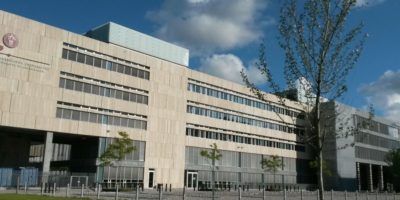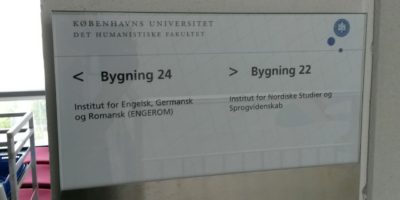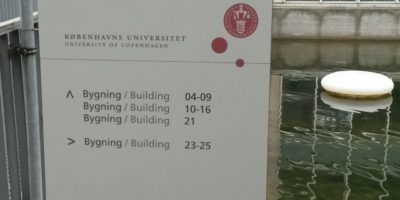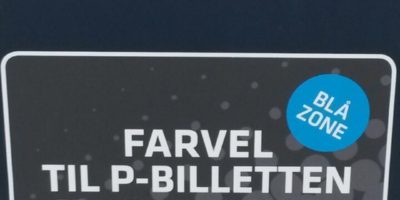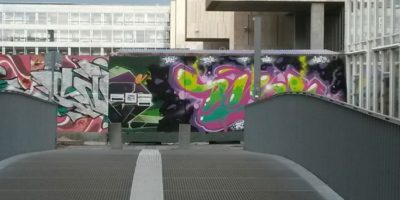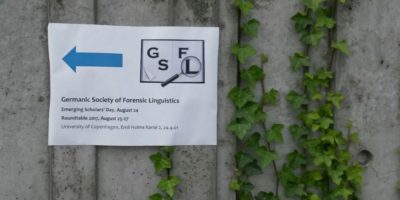Professor Kate Haworth, Aston University (UK)
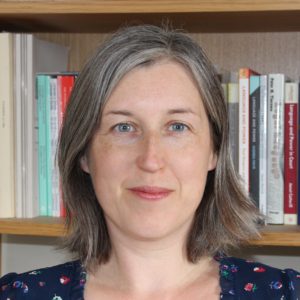
Title: Analysing Spoken Language in Legal Contexts: The Challenges and Rewards of Applying Linguistic Research to Professional Police Practice
Abstract: This presentation will discuss the progress made to date by Aston University’s Centre for Research on Spoken Interaction in Legal Contexts (SILC), of which I am the Director, and will reflect on the challenges and rewards of conducting highly applied research with a “real-world” professional context at its core, and a focus on building meaningful collaboration with practitioners. Our main project – ‘For the Record’ – has focused on improving the current treatment of police interview data as evidence, as it passes through the criminal justice process from interview room to courtroom. My previous research had demonstrated how interview data are (unintentionally) distorted and misinterpreted as they pass through the system, and highlighted the serious implications in terms of interference with criminal evidence. Our expansion in 2019 into the Aston Institute for Forensic Linguistics, and the creation of SILC, enabled us to build on this platform and work collaboratively with police partners to instigate real change in the current processes, and thus– hopefully – to make a significant contribution to improving criminal procedure as carried out in police stations and courtrooms on a daily basis. This paper will reflect on our experiences of designing and implementing the FTR project in collaboration with a UK police force, present the key findings and outcomes, and consider the very specific challenges and dilemmas such research entails, including thorny issues around data, ethics and researcher stance.
Bio: Professor Haworth is a Lecturer in Applied Linguistics at Aston University, and Director of the Centre for Research on Spoken Interaction in Legal Contexts (SILC), part of the Aston Institute for Forensic Linguistics. Prior to her academic career she was a barrister, and practised both civil and criminal law, before being appointed Assistant Parliamentary Counsel in Whitehall. Combining her interests in language and law, in 2008 she completed an ESRC-funded PhD on police interview discourse and its use as evidence (University of Nottingham). She joined Aston’s Centre for Forensic Linguistics in 2009. Her research interests are broadly in language and communication in legal contexts, especially the use of language data as evidence, focusing particularly on investigative interviews. Drawing on her own professional background, she retains a keen interest in strengthening links between research and professional practice, and provides training based on her research to several organisations, including police forces. Professor Haworth is the 2020 Winner of the GSFL Achievement Award.
Laura Schmidt, Berlin Landeskriminalamt (GERMANY)
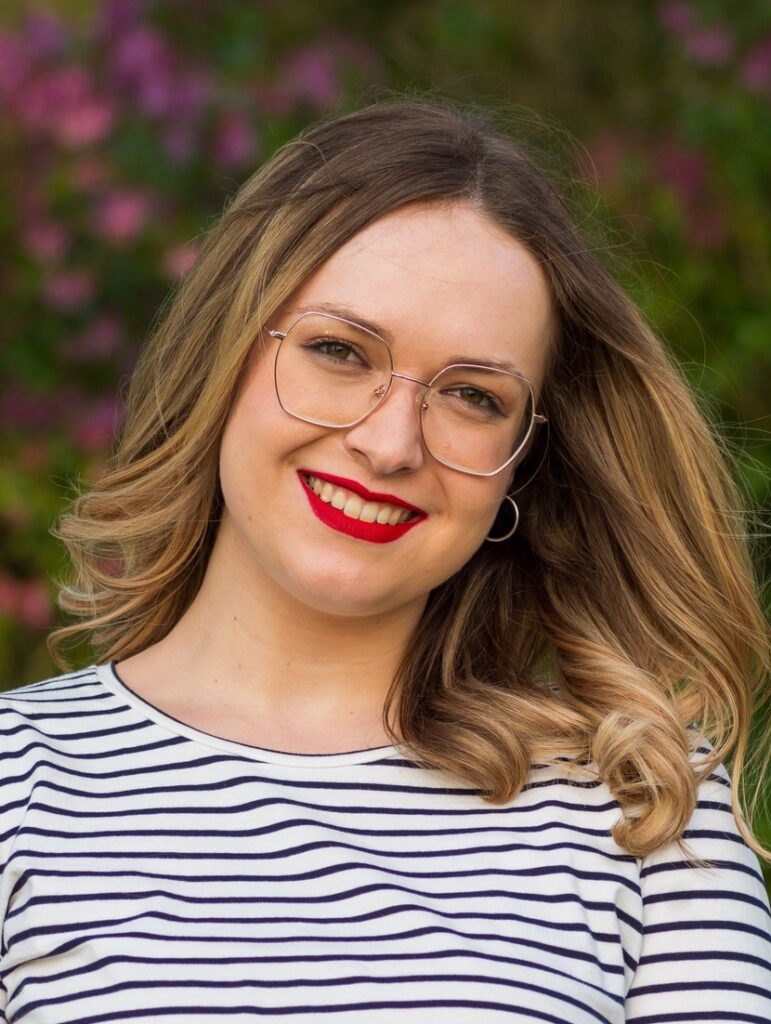
Title: “Becoming a Forensic Expert“
Abstract: In this presentation, I will talk about my experience of becoming an expert for forensic speech and audio analysis at the Berlin Landeskriminalamt, the Police Department of Investigations in Berlin. My main topic will be the different kinds of tasks and analyses we do and their individual challenges. Based on that those skills and knowledge that are specifically useful to work in this area will be discussed. Furthermore, I will talk briefly about the application process; and what happens in between the application and being named an expert. I will also talk about upcoming opportunities to apply.
Bio: Laura Schmidt is a phonetician and patholinguist. She wrote her graduation thesis about the Russian accent in German. For the last 15 months, her main focus was becoming a forensic speech and audio analysis expert at the forensic science institute of the Berlin department of criminal investigations (Berlin Landeskriminalamt). Before that, she studied in Potsdam and Marburg, Germany; worked as a speech therapist; and served as a research assistant in app development for cognitive training.
Professor Larry Solan, Brooklyn Law School (USA)

Title: “Resolving Legal Ambiguities: What Can Psycholinguistics Tell Us?“
Abstract: A sign in a parking lot says (1) Only cars and trucks with permit stickers are allowed. Are cars without permit stickers allowed? Sentence (1) is ambiguous. The prepositional phrase (PP) [with permit stickers] can apply with “wide scope,” to both [cars] and [trucks], or with “narrow scope, to only [trucks].” In legal contexts, when such ambiguities arise, judges want to know how “ordinary” people interpret these phrases (Solan 2018,Tobia 2023). We contribute two experiments to test native speakers’ intuitions about this kind of ambiguity. We hypothesize:
H1. By default, a wide-scope interpretation is preferred (Clifton et.al., 2002; Jeon & Yoon, 2012). All vehicles need stickers.
H2. Semantic bias, as in (2), can weaken this preference. Trailers relate more to trucks than cars, which should increase “narrow-scope” readings. (2) cars and trucks without trailers
H3. Semantic bias operates within syntactic constraints. The PP in (3) cannot apply just to trucks, despite semantics. (3) trucks and cars without trailers
Experiment 1 (n=63) tested sentences like (1) (unbiased) and (2) (biased). Confirming Hypotheses 1 and 2, in unbiased sentences, subjects more frequently gave ambiguous PPs wide scope; in biased sentences, this preference decreased 89% vs. 78% (p<0.001). Experiment 2 (n=53) used the same sentences with the conjuncts reversed, as in (3). Confirming Hypothesis 3, subjects interpreted the PPs widely in both unbiased and biased sentences (89% vs 90%, p>0.5). With these studies, we hope to add psycholinguistic tools to questions of legal interpretation and improve how justice is done. The presentation is based on research conducted by Janet Randall, Lawrence Solan, Anna Petti, Kyle Rysdam, Sofia Caruso.
References
Clifton, C., K. Carlson & L. Frazie.r (2002). “Informative prosodic boundaries.” Language and Speech 45(2): 87-114.
Jeon, Yoon-Shil & Yoon, Kyu-Chul. (2012). “Prosodic Disambiguation of Low versus High Syntactic Attachment across Lexical Biases in English.” Journal of the Korean Society of Speech Sciences 4: 55-65.
Solan, L. M. (2018). “The interpretation of legal language.” The Annual Review of Linguistics 4(1): 337-355.
Tobia, K. P (forthcoming, 2023) Cambridge Handbook of Experimental Jurisprudence. Cambridge University Press.
Tobia, K., B. G. Slocum, & V. Nourse. (2022). « Statutory interpretation from the outside.” Columbia Law Review 122: 213-329.
Bio: Professor Larry Solan (2019) is a Don Forchelli Professor of Law at the Brooklyn Law School. In addition to his teaching duties in the Law School, he is the Director of Graduate Education and heads the Center for the Study of Law, Language and Cognition. He holds both a law degree and a Ph.D. in Linguistics. An internationally recognized scholar within language and law (LL), his primary areas of specialization include the attribution of blame and liability as well as statutory and contractual interpretation. A prolific and accomplished writer, his seminal LL publications include The Language of Judges (1993), Speaking of Crime: The Language of Criminal Justice (with Peter Tiersma), (2005)The Language of Statutes: Laws and their Interpretation (2010 ), and The Oxford Handbook of Language and Law (2012) which he co-edited with Professor Peter Tiersma, a 2014 winner of the GSFL Achievement Award. Professor Solan has served as a visiting professor at Princeton University, Yale Law School, and the Council of Humanities. A former president of the International Association of Forensic Linguistics, he currently serves on the board of the International Academy of Law and Mental Health, and the editorial board of the International Journal of Speech, Language and the Law. Professor Solan is the 2020 winner of the GSFL Achievement Award. This presentation is based on research conducted by Janet Randall, Lawrence Solan, Anna Petti, Kyle Rysdam, Sofia Caruso, and Manav Mehta.
Professor Dominic Watt, University of York (UK)
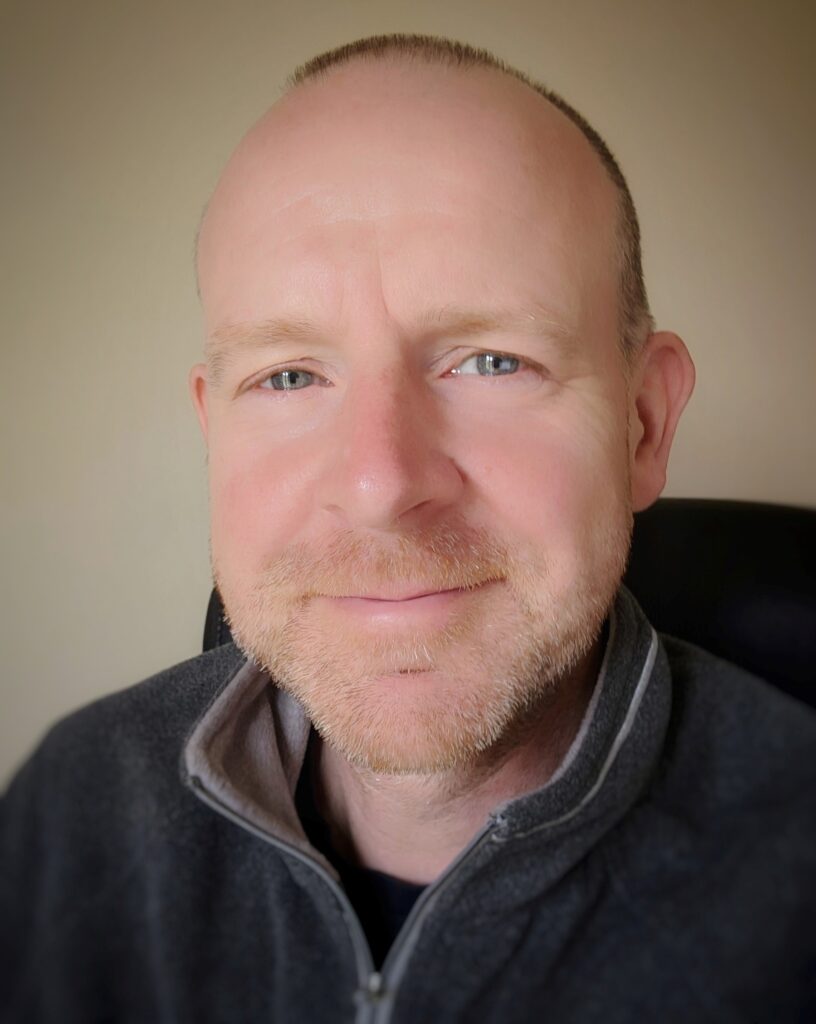
Title: ” Who Owns Your Voice? Three Ways to Legally Protect Individual Vocal Identity“
Abstract: Only recently has the question of ‘ownership’ of individual human voices begun to attract appropriate scrutiny from members of the legal community. Given that samples of our voices are now collected on an unprecedented scale, with or without our knowledge or consent, it is vital that we address the current lack of clarity with respect to the rights afforded to individuals and organisations in this area. In this talk I explore the issue of voice ownership from a variety of perspectives, starting with an attempt to define what the voice actually is, and then considering how representations of a talker’s voice at greater or lesser levels of concreteness (or ‘tangibility’) can be misappropriated and misused in unethical or unlawful ways. Comparisons are drawn between the relevant legislative frameworks in England and Wales, France, and the United States.
Bio: Professor Watt was appointed Lecturer in Forensic Speech Science in 2007, and teaches forensic linguistics and phonetics, articulatory phonetics, sociophonetics, speech acoustics, and speech perception. He has an MA in linguistics from Edinburgh and a PhD in phonetics from Newcastle, and has held teaching and research positions in phonetics, speech acoustics and audiology, phonology and sociolinguistics at universities in Germany and around the UK, including York (2000-2002) and Aberdeen, where he was Director of the Phonetics Laboratory for five years.

